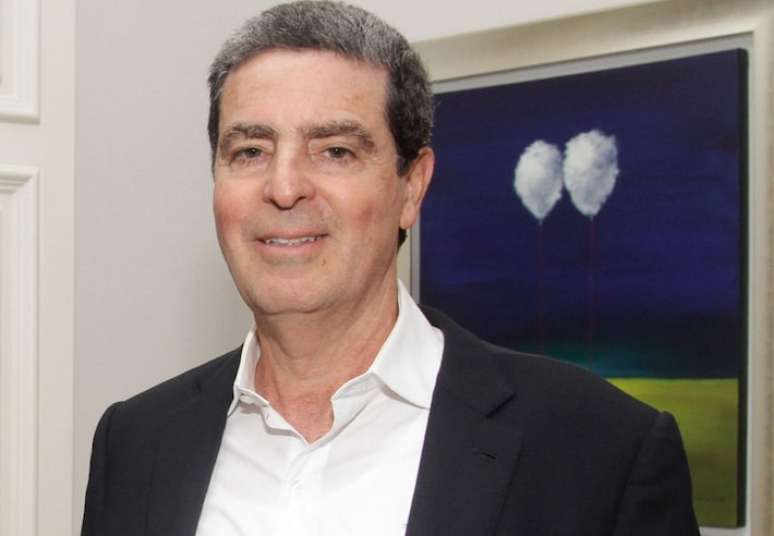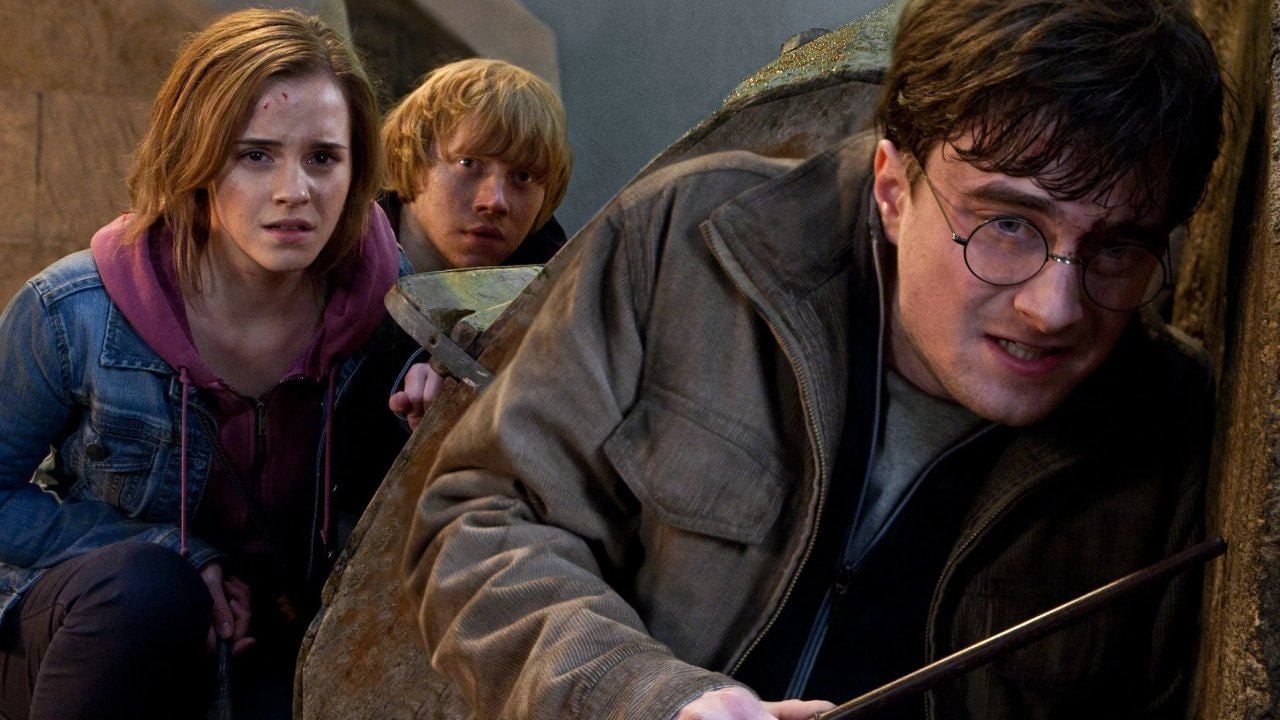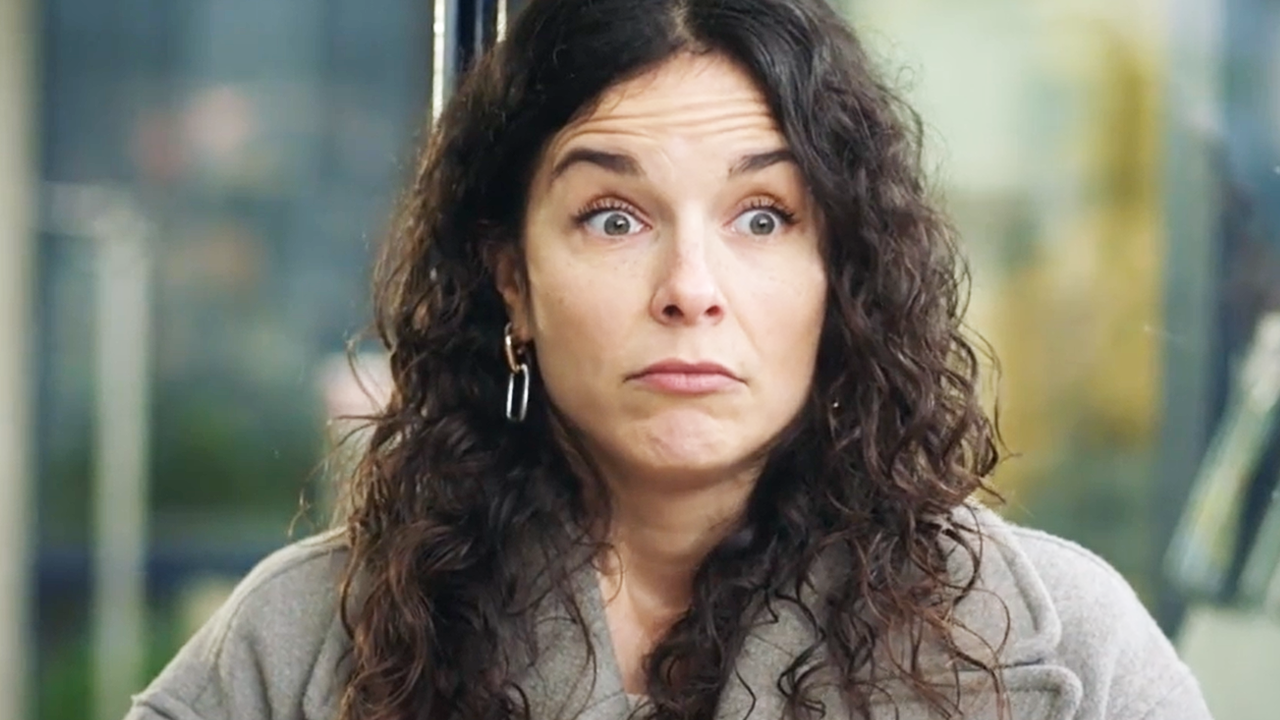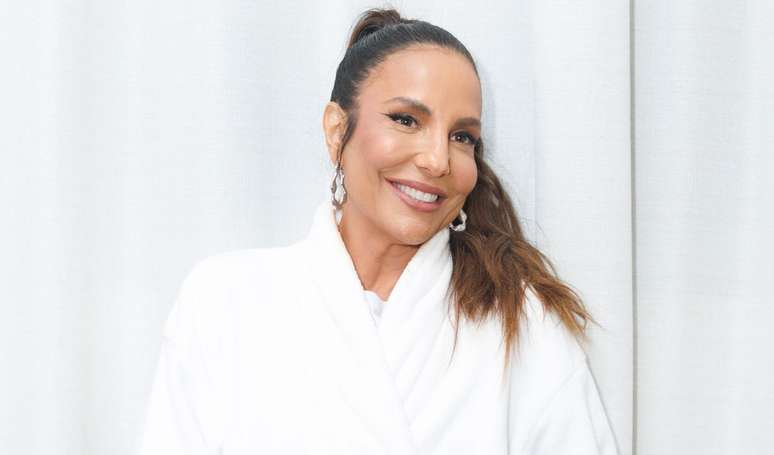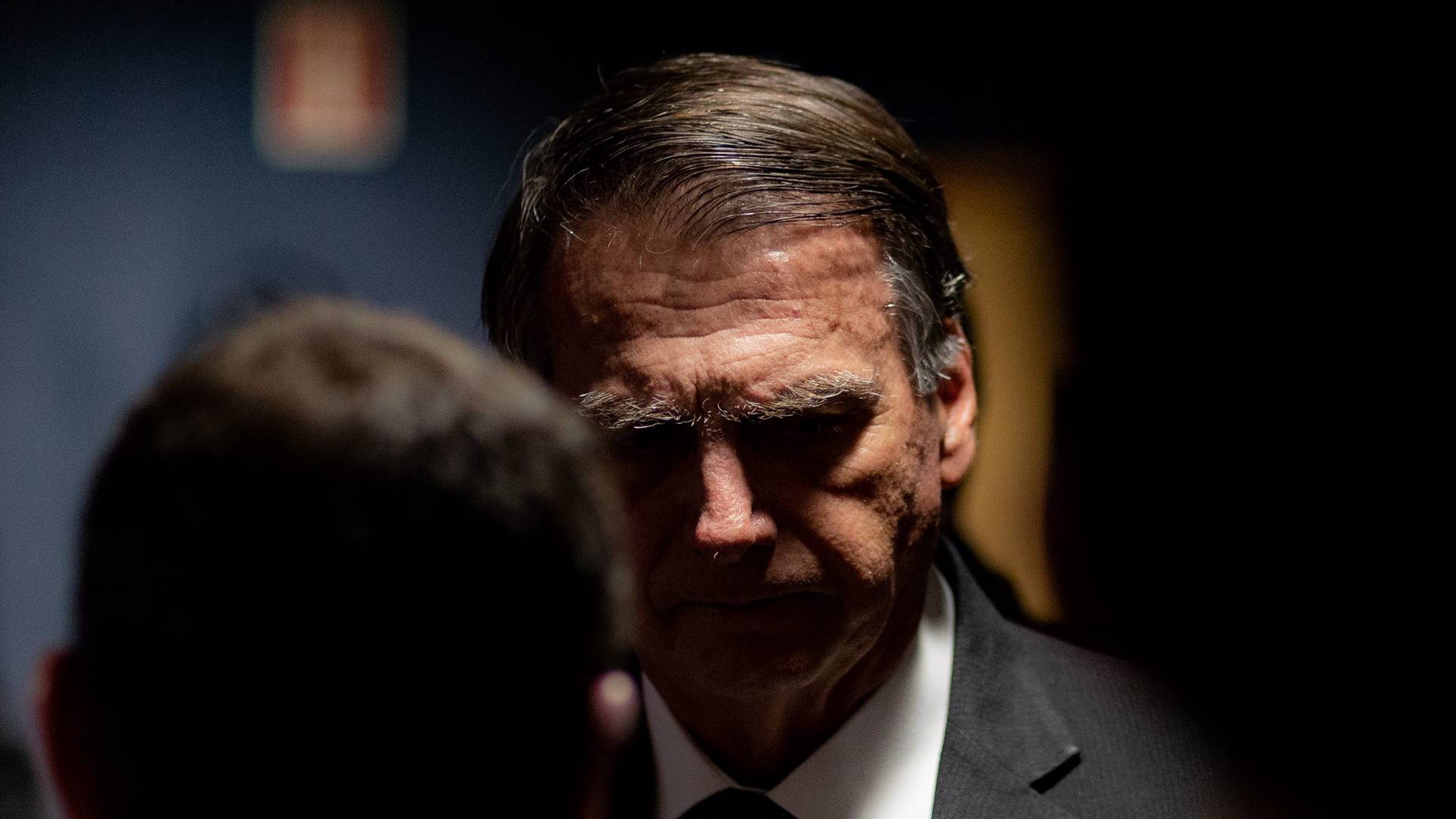Businessman Daniel Feffer, who also represents Brazil at the International Chamber of Commerce, cites infrastructure, cost of capital and tax issues as export inhibitors
Member of the third generation of the founding family of Suzano – largest cellulose producer in the world -, for 100 years in Brazil, Daniele Fefferin addition to being vice president of the company’s board of directors, he now represents Brazil in International Chamber of Commerce (ICC, its acronym in English).
For him, the search for a better position in world trade for Brazilian products represents a major challenge. A path that requires the rationalization of taxes, the modernization of infrastructure and the lowering of the cost of capital. “When we solve these bottlenecks, the country will take off.”
Grandson of Leon Feffer, the founder of Suzano, Daniel also says he is “an enthusiast” of family governance. “We try to learn from the best practices of age-old companies.”
In his work at the ICC he draws attention to the environmental issue which, in his opinion, could become “the big difference that the world asks of Brazil”. Below are key excerpts from the conversation:
What is your role as Brazil’s representative to the ICC?
It was founded more than 100 years ago, shortly after World War I, by European and American traders to help countries prosper through trade with each other. They defined themselves as “peace merchants”, peace traders, aware that everyone’s development would bring peace to the world.
In practice, what is the ICC in Brazil?
It has 200 member companies here. One of the many national committees operates here, aimed at implementing public and private policies to improve the business environment in terms of integrity and sustainability.
Why is Brazilian participation in world trade so small? We have gone from 0.7% to 1.05% in the last 20 years…
If you allow me, I will first tell you about our essential pillars. First of all, integrity, respect, which are the basis of everything we do: in life, at home, in our country. The ICC develops integrity policies between companies, institutions, associations and government. The second pillar is sustainability. We consider issues such as climate and the environment as a path to development.
But, after all, why is Brazil’s participation in world trade so small?
The important fact for economic development is the flow of trade. The idea that “export is what matters” has served for a while. But what we need is flow.
It’s small for today’s Brazil, right?
The OECD (Organisation for Economic Co-operation and Development) average of foreign trade in relation to GDP is 64%. Brazil was already at 30%. In 2022 it reached 39%, now it is 33%. To grow sustainably, we must have competitiveness and political will to drive transformation. China is doing it, a program focused on innovation, sustainability, biotechnology, artificial intelligence. I understand that the vision of a country where foreign trade is the spearhead would be ideal.
And what role would the ICC have?
It has already been an active voice in business representation forums and in dialogue with the government. We also work on the financing, import and export agenda with the Central Bank and other institutions.
What do you think of Mercosur?
I like the idea of uniting the parties, I like the European Union. Mercosur represents a fantastic opportunity for countries to negotiate international agreements and help each other. But it needs consensus to decide everything that comes from foreign trade. There is a system of exception rules that allows each country to independently approve bilateral negotiations. But these exceptions are few and non-transformative. At the moment there is a huge possibility of concluding agreements with many countries.
In the debate between Mercosur and the European Union, are you in favor of a separate agreement between Brazil and the Europeans?
I am in favor of anything that helps advance the foreign trade agenda. The agenda is very broad and I believe it is beneficial for the country to start concluding these bilateral agreements. One of these is being negotiated with Singapore. We have fantastic examples here. Agribusiness is feared abroad, due to its competitiveness. And there is an industry, Embraer: when it comes to foreign trade there is no better example.
And Suzano is there too…
We can mention both of them. Embraer is different; In fact, she is a founding member of ICC Brasil. It is a combination of technology, human expertise; imports parts, produces technology, brings knowledge from outside.
Do you think Brazil protects itself well on a commercial level?
We are improving a lot. The biggest challenge, I think, is involvement, sharing with the parties involved. It is necessary to strengthen the structure of negotiation and diplomacy.
What advice would you give to Brazilian entrepreneurs who decide to venture into exports?
Firstly, rather than exports, I would think about the trade flow. Understand what is out there that can be absorbed and improved here.
Should medium and small exporters have more opportunities?
There is still a lot of room for financing mechanisms.
I mean, there’s no shortage of resources for projects like this.
I think the resources come depending on whether you have a good project. Progress must come from understanding what is happening with the closing of trade barriers between China and the United States…
Do you think it will last?
It’s difficult to define how much. And Brazil can take advantage of it. It has access to all countries and should preserve this neutral position. When bottlenecks in fiscal issues, infrastructure and cost of capital are resolved, the country will take off.
Source: Terra
Rose James is a Gossipify movie and series reviewer known for her in-depth analysis and unique perspective on the latest releases. With a background in film studies, she provides engaging and informative reviews, and keeps readers up to date with industry trends and emerging talents.

